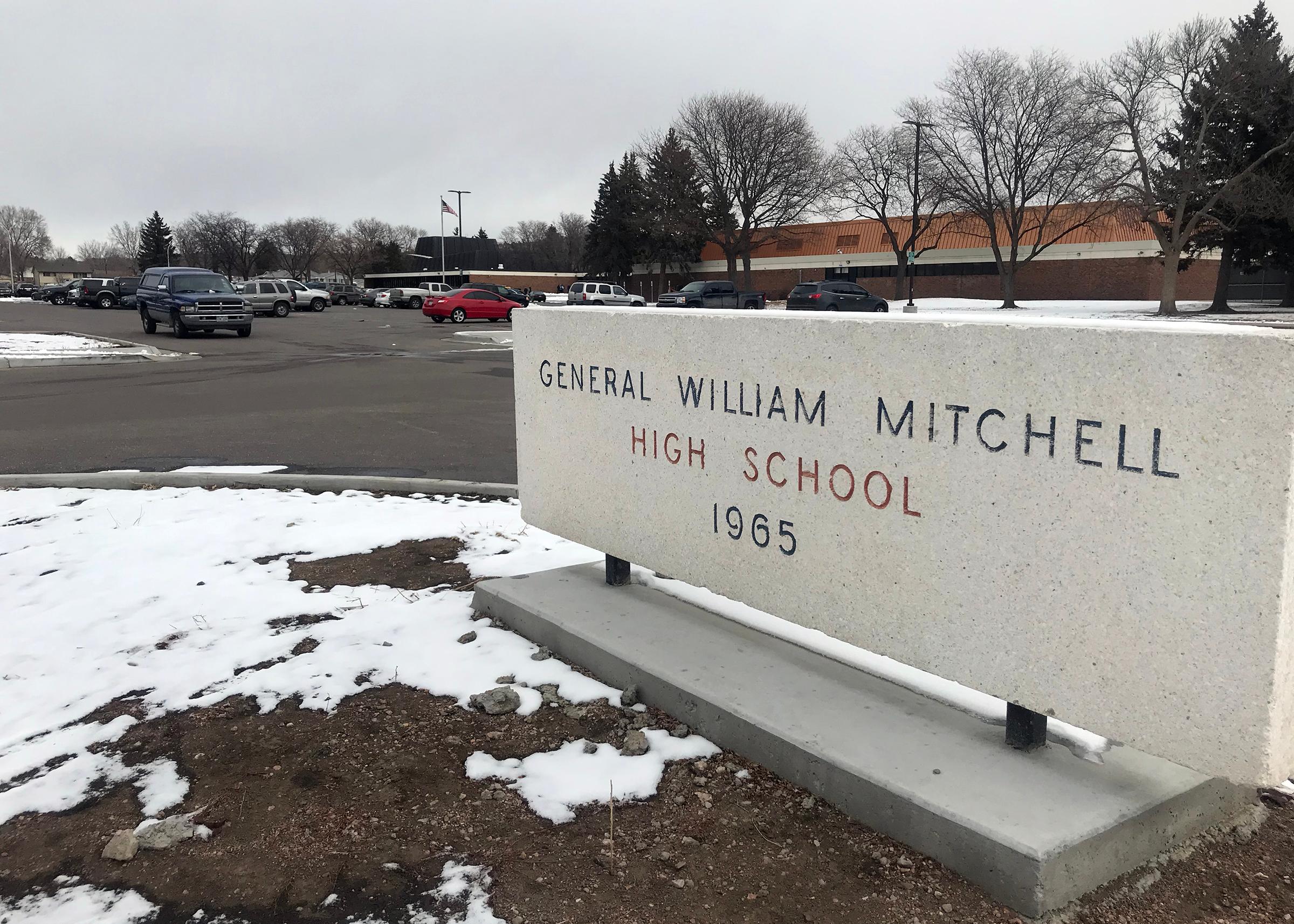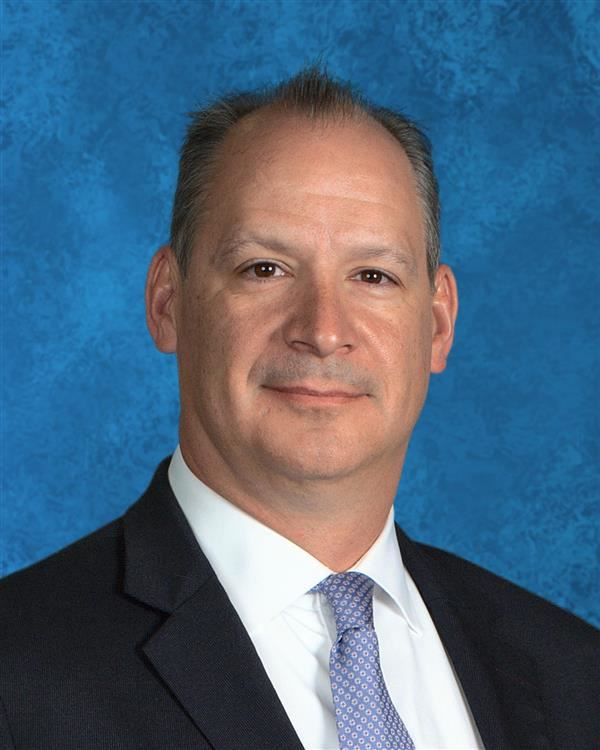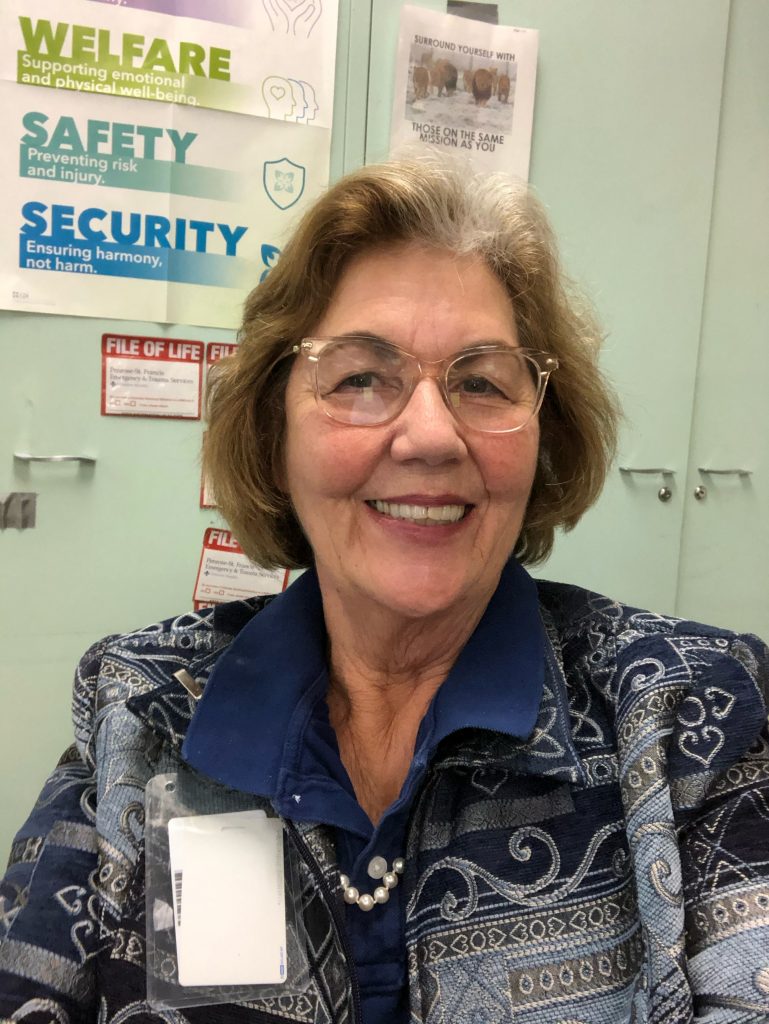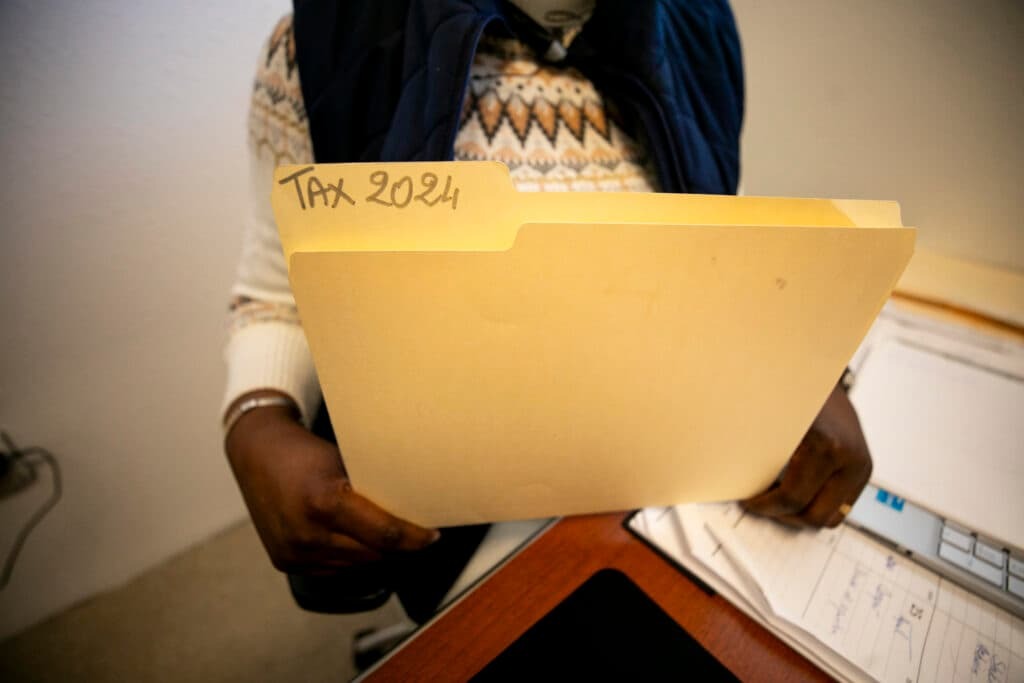
Next year will mean big changes for Colorado Springs District 11's Mitchell High School. Every staff member — from custodians to teachers, paraeducators to administrators — has to reapply for their job.
Mitchell was placed on the state's accountability clock four years ago. The clock is a countdown to improve, or face intervention by the state Department of Education. The deadline to get scores up is five years, though, so staff thought they still had time to tweak things.
"All of a sudden, we just heard, 'We're terminating everybody's position. If you want to reapply for it, you can.' And that was it,'" said an employee at Mitchell who has asked to remain anonymous for fear of retribution.

According to Dan Hoff, Executive Director of School Leadership with District 11, making the change before the deadline may help prevent the state from taking the school over.
But several staff members say when the news of the change came, they weren't given a direct reason.
"That hurt my soul," the anonymous source said. "I don't even know how else to put it. It's a pandemic. We're trying to figure out how to get through. The stress level of everyone is so high because we want our kids to do well and now they're gonna tell us that they're firing all of us and not even give us an answer or reason?"
Mitchell High School is behind on achievement standards, but there's more to the story than just academics.
Mitchell has not met academic achievement standards for the entire four years it's been on the clock, according to state data. The anonymous employee said a big part of that is the number of kids who opt-out of state testing. Many have full-time jobs so coming in to take a test on a Saturday isn't an option. Others don't plan to go to college, so they don't see a reason to take it. The school's graduation rates have also been subpar.
For the class of 2020, data from the state shows just over 66 percent of students at Mitchell graduated in four years. While the number has fluctuated, it was a bit higher in 2019 but has been consistently lower than the state average of just under 82 percent for several years. Less than half of Mitchell students with disabilities graduate in four years.
In recognizing those challenges, the school puts a lot of effort into getting students at Mitchell ready for careers that don't require a degree, but the state doesn't weigh that as heavily.
Regardless, Hoff, says any gains made in the past few years haven't happened quickly enough.
"But if we're looking to blame somebody, we need to all be looking in the mirror a little bit, right? Cause there's enough culpability to go around," Hoff said.
"People are devastated, but families aren't strong enough to fight."
Cynthe Winebrenner is a paraeducator at Mitchell. She didn't comment on the district's position, but she did question the administration's logic.
"They're not in the trenches. They're not with the kids," she said. "People are devastated but families aren't strong enough to fight. If we were in a slightly different demographic, the parents would be up in arms and at every meeting."
Winebrenner said she'll continue to do her best in serving the children at Mitchell High School until she finds out whether she has a job or not. She said the news, in combination with the pandemic, have left people with a feeling of fatigue.
"You can't function," she said. "You feel like a sloth, you know you've got to move, but you don't have the energy to do it."

In Colorado, it's not unheard of to release staff members due to poor academic standards. Van Schoales is the president of A+ Colorado, a research and advocacy organization focused on improving public education. He said "turning around" a high school requires aggressive changes. Schoales said similar actions in a few Denver and Pueblo area schools have seen limited success. The biggest factor, though, is leadership.
"It's a little bit like [in] real estate [where] it's location, location, location," he said. "High schools really depend upon having a leadership team or a principal that can manage significant cultural change in terms of the organization, and set it at the right pace."
The district has recently hired a new principal. The job description called for applicants who wanted to work in an urban school setting and had proven experience achieving results, among other things.
"To take their teachers away, how is that what's best for kids?"
But the question remains if that will be enough to keep the sense of community that already exists between staff and students.

According to Joe Schott, president of the Colorado Springs Education Association, that sense of community is being shaken up in a severe way.
The teacher's union is going to bat for its members. It's asking the district to stick to precedent and offer those who are eligible, jobs somewhere in D11. Schott says the district has an institutional bias about Mitchell and has neglected it for decades because of its demographics. Three-quarters of students at the school qualify for free or reduced price lunch. It also has the highest percentage of minority students of all the high schools in the district.
"If you're working toward a middle-class white dominant view of education and the structures built around it, and you have a different community, that's being judged by those standards, you're not serving that community," Schott said.
D11's Dan Hoff says the focus is purely on the students, though.
"We owe it to them to give them both the support and the academic rigor for them to be successful after high school," he said. "So [there are] lots of critics, lots of opinions. What I would do is invite people to be part of the solution and to jump in."'
The anonymous source within the school said it's not that simple.

"For our kids, we may be the only consistent, healthy adult in their life," they said. "They have different struggles that other kids may not have. And not because their families don't love them, but because their families are going through things too. And so to take their teachers away, how is that what's best for kids?"
As the school year winds down, both the state's accountability clock and standardized testing are on hold due to the pandemic. But administrators are still moving forward with the changes and many teachers and staff at Mitchell are deciding on their next move. D11 says the changes in staff at the school will help work toward a focused instructional plan, much of which has been in place for several years.
The Colorado Springs Education Association is an underwriter of KRCC.









